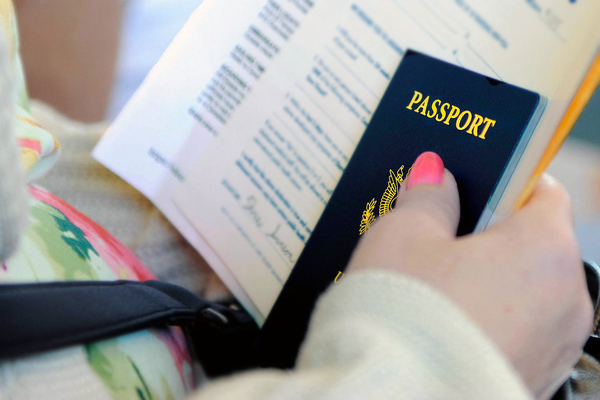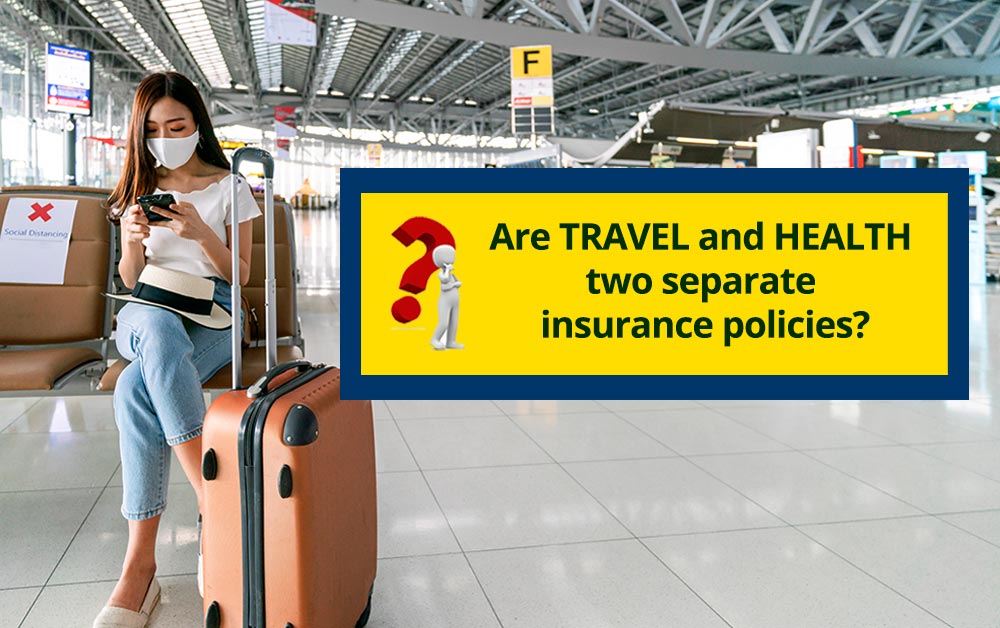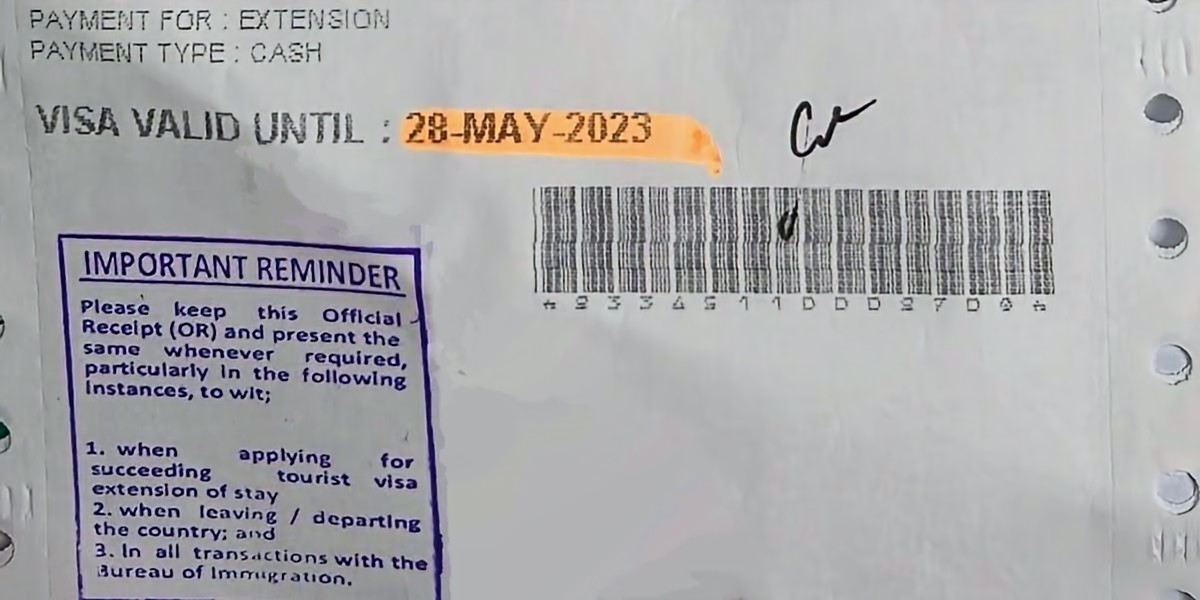A 2-month visa extension in the Philippines typically costs between $140 to $155, depending on additional processing fees.

Brief Overview of the Philippines Visa System
The Philippines offers several types of visas, tailored to the diverse needs of its visitors. From short-term tourist visas to long-term residence visas, there’s a fit for everyone. This includes the likes of business professionals, who might be visiting for a series of meetings, or tourists, who just want to explore the country’s numerous islands. Here’s a quick dive into the main components:
- Tourist Visas: Ideal for short-term stays. Most nationalities can enter the Philippines without a visa for stays up to 30 days. However, for longer visits, a Tourist Visa might be necessary.
- Business Visas: If you’re in the country for work-related activities like attending conferences or meetings, you’ll likely need this. These are often short-term but can be extended depending on the nature and duration of the business activities.
- Residence Visas: For those who see the Philippines as more than just a temporary stop. Maybe you’re retiring, investing, or marrying a local. These visas cater to longer-term needs and have different requirements.
Types of Visas Available in the Philippines
Navigating the Philippine visa system can be streamlined once you understand the different visa categories. Each category is tailored to the purpose of the traveler’s visit. Here’s a closer look:
Tourist Visa
The Tourist Visa is designed for travelers who wish to explore the beauty and culture of the Philippines without engaging in business or employment.
- Duration: Initially up to 30 days but can be extended.
- Cost: Approximately $40 for the initial visa, with varying fees for extensions.
Business Visa
For professionals traveling for work, meetings, or business-related activities, the Business Visa is the go-to option.
- Duration: Depending on the purpose, but usually starts at 30 days.
- Cost: Approximately $50, but this can change based on the duration and nature of the business.

Student Visa
The Student Visa is for individuals looking to study in the Philippines, whether for short courses or full-time degree programs.
- Duration: Valid for the duration of the course or study program.
- Cost: Around $60, though it may vary depending on the educational institution and course length.
Here’s a summarized table for quick reference:
| Visa Type | Duration | Cost |
|---|---|---|
| Tourist Visa | Up to 30 days (extendable) | $40 (approx.) |
| Business Visa | Starts at 30 days (varies by purpose) | $50 (approx.) |
| Student Visa | Valid for the course/study program duration | $60 (approx.) |
Long-term Visitor’s Visa
For visitors who wish to stay in the Philippines for an extended period but aren’t necessarily looking for permanent residency, the Long-term Visitor’s Visa serves as the ideal choice. This could be retirees, researchers, or even those on a prolonged sabbatical.
Duration and Cost
The visa’s duration often starts from six months and can be extended up to a year in many cases. The initial cost for such a visa typically hovers around $100, but it’s advisable to check the most recent figures on the official Philippines immigration website.
Advantages
The allure of the Long-term Visitor’s Visa goes beyond its extended duration. It provides greater flexibility for visitors to truly immerse themselves in the Filipino culture, travel extensively within the country, and even engage in activities like attending local workshops or learning native crafts.
Eligibility and Requirements for a 2-month Visa
If your intention is to stay in the Philippines for two months, you’d typically be looking at an extension of the standard tourist visa. Here are the specifics:
Necessary Documents
- Valid Passport: Your passport should be valid for at least six months beyond your intended stay.
- Application Form: This needs to be filled out accurately, detailing the purpose and duration of your stay.
- Recent Passport-sized Photos: Typically, two recent photographs are required.
Financial Proof
To ensure visitors can sustain themselves during their stay and are genuine tourists, the Philippines often asks for:
- Bank Statements: Reflecting sufficient funds for the duration of the stay. The amount considered “sufficient” can vary, but having around $1,000 for a 2-month stay is generally acceptable.
- Return Flight Ticket: This serves as evidence of your intent to leave the country after your visa expires.
Health and Travel Insurance
Health and travel insurance are not always mandatory but highly recommended. They ensure that:
- In the event of a medical emergency, you’re covered without incurring significant costs.
- Unexpected trip cancellations, lost luggage, or other travel-related mishaps don’t financially burden you. Having a policy from a recognized international insurer can offer peace of mind during your stay in the Philippines.

Cost Breakdown of a 2-month Visa
The Philippines, with its enchanting islands and hospitable culture, remains a favored destination for many. If you’re looking to extend your stay for up to two months, understanding the associated visa costs is crucial. Here’s a detailed breakdown:
Application Fees
The initial tourist visa usually covers a stay of up to 30 days. If you’re aiming for a 2-month stay, you’ll need to apply for an extension.
- Initial Tourist Visa Fee: Around $30 to $40, depending on your country of origin and where you apply.
- Visa Extension Application Fee: Roughly $25 to $30 for the next 30 days.
Extension Fees
Apart from the application fee for the visa extension, there’s also a processing fee. This is charged by the immigration department for the services rendered.
- Visa Extension Processing Fee: About $20.
Other Related Costs
Some other charges may apply depending on your specific circumstances:
- Express Lane Fee (if you want faster processing): Approximately $15.
- ACR I-Card Fee (Alien Certificate of Registration card for stays over 59 days): Around $50.
Here’s a quick tabulation for an easier understanding:
| Cost Category | Approximate Amount |
|---|---|
| Initial Tourist Visa Fee | $30 to $40 |
| Visa Extension Application | $25 to $30 |
| Extension Processing Fee | $20 |
| Express Lane Fee | $15 |
| ACR I-Card Fee | $50 |
| Total | $140 to $155 |
Application Process
Applying for a visa to the Philippines, like many bureaucratic tasks, requires a methodical approach. By breaking down the process step by step and being aware of the expected timeframes, your visa application or extension can be a seamless experience.
Step-by-step Guide
- Research and Understand: Begin by visiting the official Philippines immigration website to get a clear understanding of the type of visa you need, based on your purpose and duration of stay.
- Gather Necessary Documents: Prepare the required documents like your valid passport, completed application form, recent passport-sized photos, and any other relevant paperwork depending on the visa type.
- Submit Application: You can submit your visa application at a Philippines embassy or consulate in your country. Ensure that all details in your application are accurate to avoid any delays or issues.
- Pay the Required Fees: Once you’ve submitted the application, you’ll need to pay the stipulated fees. Depending on where you’re applying, this can be done through bank transfers, cash, or even online payment portals.
- Attend an Interview: Some visa categories might require you to attend a brief interview. It’s an opportunity for the consulate or embassy staff to verify the information you’ve provided and understand your travel intentions better.
- Wait for Approval: After the interview (if applicable), your application will be reviewed. Ensure that you provide a valid address for correspondence.
- Collect Your Visa: Once approved, you will be notified to collect your visa. In some cases, the visa might be sent to you via mail, but usually, you’ll need to visit the embassy or consulate again.
Expected Processing Time
- Initial Tourist Visa: Typically takes between 3 to 10 working days.
- Visa Extension: On average, an extension can be processed within 3 to 5 working days. However, if you opt for the express service by paying an additional fee, it can be expedited to 1 to 2 working days.

Comparing Visa Costs in Southeast Asia
Southeast Asia, with its stunning landscapes, rich culture, and affordable living costs, has become a hotspot for travelers and digital nomads. When deciding on a country to visit or stay in for an extended period, visa costs play a significant role. Let’s delve into how the Philippines compares to its neighbors.
How the Philippines Compares to Neighboring Countries
| Country | Tourist Visa Cost for 2 months | Notable Features |
|---|---|---|
| Philippines | $140 to $155 | Offers visa extensions up to 36 months |
| Thailand | $60 (Single entry) | Visa on Arrival available for many nationalities; Special tourist visas for longer stays |
| Vietnam | $50 to $70 (Depending on type) | Offers e-Visas; Multiple entry options available |
| Indonesia | $35 (Extendable up to 4 times) | 30 days visa-free for many countries; Extensions available at a cost |
| Malaysia | Typically Free for 90 days | No extensions for tourist visas; Overstay penalties can be strict |
| Cambodia | $30 (Extendable) | E-Visa system in place; Overstay fines applicable |
| Singapore | Free/Varies | Strict visa policy but efficient processing |
| Myanmar (Burma) | $50 (eVisa for 28 days) | Extensions possible in certain situations; e-Visa system in use |
Note: The costs provided are approximate figures, and visa policies can change. Always consult the respective country’s official immigration website for the most accurate information.
Benefits of Choosing the Philippines for a Prolonged Stay
- Diverse Landscape: From the pristine beaches of Palawan to the mountain terrains of Baguio, the Philippines offers a variety of natural wonders.
- Friendly Locals: Filipinos are known for their warmth and hospitality, making visitors feel at home.
- Cost of Living: Compared to western countries, the Philippines offers affordable living costs, making it a favorite for many digital nomads and retirees.
- Language: English is widely spoken, reducing the communication barrier for travelers.
- Extended Visa Duration: The Philippines provides the flexibility of extending a visa up to 36 months, giving tourists ample time to explore the country at their own pace.
![Cost of Living in the Philippines: 86 cities compared [2023]](https://livingcost.org/assets/photo/cost/philippines.jpg)
Travel Tips and Advice
Navigating the visa and travel protocols of a foreign country can sometimes be challenging. However, with a little knowledge and preparation, you can ensure a smooth and pleasant experience. Here’s some sage advice for those considering a trip to the Philippines or any other destination.
Best Practices When Dealing with Immigration
- Be Prepared and Organized: Always have your necessary documents like passport, visa papers, and any other required forms organized and easily accessible. Investing in a good travel organizer can be handy.
- Honesty is the Best Policy: Always provide accurate information on your forms and during any interviews. Even innocent discrepancies can raise suspicions or cause delays.
- Dress Appropriately: First impressions matter. When visiting immigration offices or attending visa interviews, dressing neatly can create a positive impression.
- Stay Calm and Polite: Understand that immigration officers are doing their job. Maintaining composure and being courteous can make the process smoother.
- Know the Local Regulations: Familiarize yourself with the country’s specific rules. For instance, some countries might have strict regulations about bringing in medicines or certain types of goods.
- Research Ahead: Before your trip, visit the official immigration websites or forums to learn about any recent changes in rules or requirements.
Avoiding Common Pitfalls
- Overstaying: Always be aware of the expiry date on your visa. Overstaying can lead to fines, deportation, or even bans from re-entering.
- Lost Documents: Always make copies of essential documents. Having electronic backups in your email or a cloud storage can be a lifesaver if originals are lost.
- Ignoring Local Customs: Every country has its cultural norms and rules. Being respectful and understanding local customs and traditions can enhance your travel experience.
- Travel Insurance Neglect: Don’t underestimate the importance of travel insurance. It’s not just about health coverage but also lost luggage, canceled flights, and other unforeseen circumstances.
- Not Keeping Updated: Visa policies and regulations can change. Ensure you’re always updated with the latest information, especially if you’re planning to stay for an extended period.